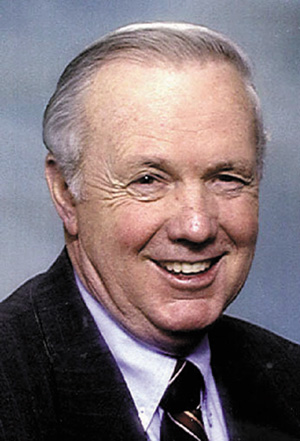NO. 928 WHY CIVIC CLUBS ARE DECLINING!
No. 928
Jim Davidson -- NEWSPAPER COLUMN
WHY CIVIC CLUBS ARE DECLINING!
In a June 2013 article in the Wall Street Journal, Niall Ferguson addresses the decline of American associational life. He quotes from a 1995 essay by Robert Pittman titled “Bowling Alone,” which documents the exodus of Americans from bowling leagues, Rotary Clubs and the like.
Since then, the downward trend in “social capital” has only continued. According to the 2006 World Values Survey, active membership even in religious associations has declined from just over half the population to a little more than a third. Here is what he gives as the major reason: Instead of joining together to get things done, Americans have increasingly become more dependent upon Washington. Ferguson states in another article that this decline is due mainly to the strangling of private initiative by the ever-encroaching state.
With your permission, I would like to leave this national perspective and address this issue from my own personal experience here in my community as a member of our local Lions Club. Since I joined our club in 1994, I have gone through all the chairs, served a year as president and received every award and honor that is given to our members at our annual Installation Banquet. And this grew from a point that I told my sponsor, the late Paul Anthes, that I would attend the meetings but would not serve in any leadership positions.
Before I share what I believe to be the major reasons why civic clubs are declining, I would like to say that the Lions Club has done far more for me than I have ever done for them. You should also know that my perspective comes from serving as our Membership Chair for the past several years. Now, why are civic clubs declining? First, let me say there are always exceptions to the rule. While I may say they are declining, you may show me the many clubs, such as our own Kiwanis Club here in Conway, who are growing and doing a great job to meet many needs in their community.
Like most organizations, the key to success for a civic club is leadership. When you have great leaders, you will most likely have a great club. Civic clubs change leadership at the top year after year. This is both good and bad. When you have a great president or leader, unless they are asked to stay on they move to ‘has been’ after a year and a new leader takes his or her place. This is also good, because when you have a poor leader it only lasts for a year. The tragedy comes when you have two, three or four poor leaders in a row. Then there is also the challenge of finding a good location to hold meetings, in terms of food, cost and accessible location, with plenty of parking. We are creatures of habit, and sometimes bi-weekly or monthly meetings have poor attendance because a lot of members have a short-term memory.
A successful civic club will also have a clearly defined purpose or cause that motivates members to stay involved. Our motto is “We Serve” and we help the blind and visually impaired. Today, people are busier than ever before and civic clubs are competing for the ever-shrinking amount of time that potential members can devote to being a member. Because of inflation and the economy, cost can also be a legitimate reason why some people will not join a civic club. While it may be hard because many in the younger generation don’t share the values of older adults, we must sign up young people to serve. If you go to a church or civic club and all you see are “old people” they are headed for trouble and decline. My advice: Join and you will be blessed.
---
(EDITOR'S NOTE: Jim Davidson is a public speaker and syndicated columnist. You may contact him at 2 Bentley Drive, Conway, AR 72034. To begin a bookcase literacy project visit www.bookcaseforeverychild.com. You won’t go wrong helping a needy child.)
